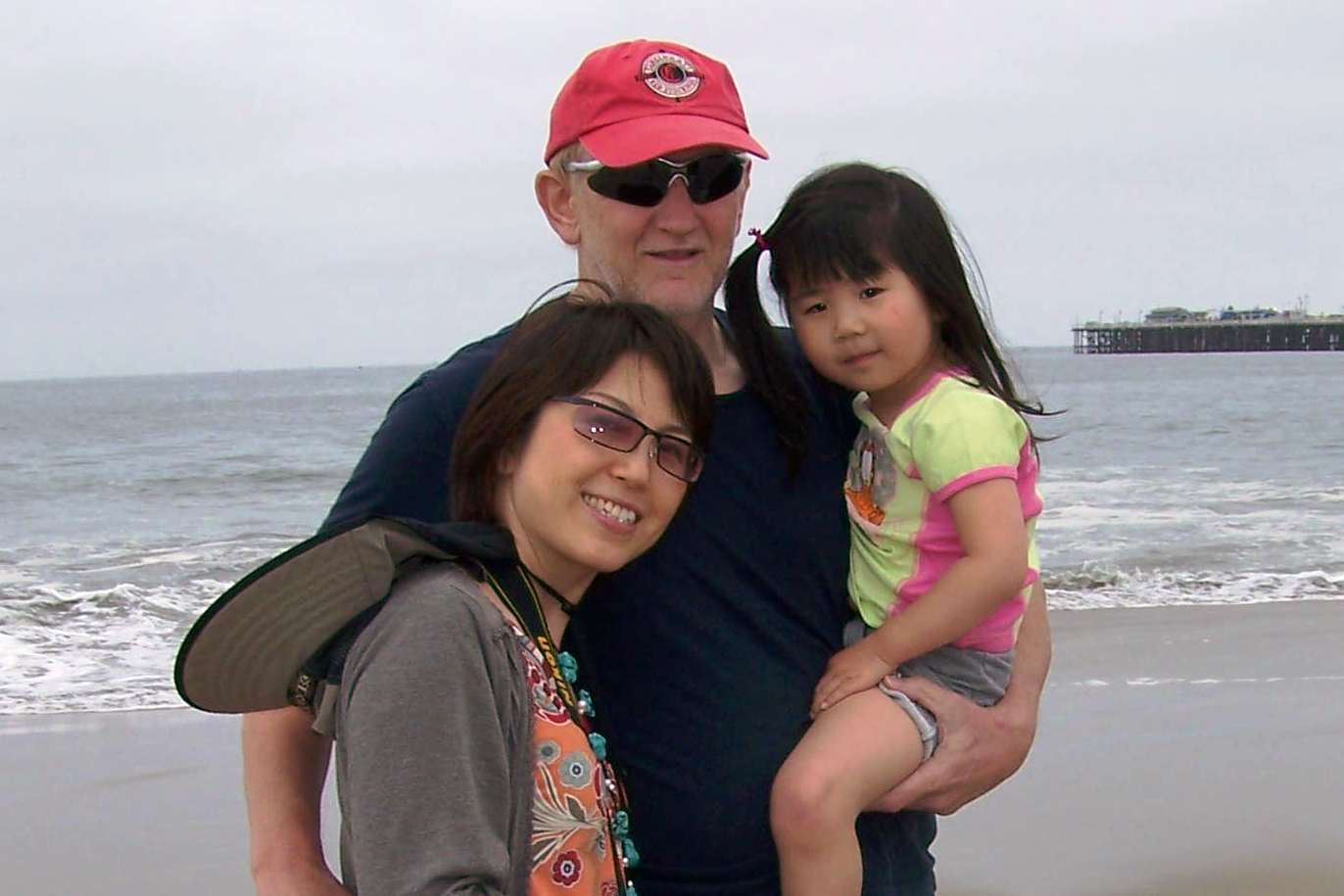Bill Belew has raised 2 bi-cultural kids, now 34 and 30. And he and his wife are now parenting a 3rd, Mia, who is 8.
The majority of parents and adult children experience some tension and aggravation with one another. But parents generally are more bothered by the tensions – and the older the child, the greater the bother.
“The parent-child relationship is one of the longest lasting social ties human beings establish. This tie is often highly positive and supportive but it also commonly includes feelings of irritation, tension and ambivalence.
Let’s discuss about the tensions related to a variety of topics, including personality differences, past relationship problems, children’s finances, housekeeping habits, lifestyles, and how often they contacted each other.
Parents and adult children in the same families have different perceptions of tension intensity, with parents generally reporting more intense tensions than children did particularly regarding issues having to do with the children’s lifestyle or behavior (finances, housekeeping). Tensions may be more upsetting to parents than to children because parents have more invested in the relationship. Parents are also concerned with launching their children into successful adulthood.
Both mothers and fathers experience more tension in their relationships with daughters than with sons. Daughters generally have closer relationships with parents that involve more contact which may provide more opportunities for tensions in the parent-daughter tie.
Both adult sons and adult daughters feel there is more tension with their mothers than with their fathers, particularly about personality differences and unsolicited advice. It may be that children feel their mothers make more demands for closeness or that they are generally more intrusive than fathers.
It is surprising that parental perceptions of tension increase with the adult children’s age, particularly about topics having to do with how they interact (e.g., personality differences). Middle-aged children may be less invested in the parent-child tie than young adult children because they’re more likely to have formed their own families and experience multiple role demands. And as parents age and come to want or need more from their relationship with adult children, adult children may pull away, creating greater relationship tensions.
Although most parents and adult children experience at least a little tension, there definitely are some topics that are more harmful than others to parent-child relationships.
Relationship problems like basic personality differences and parents providing unsolicited advice tend to cause more problems. It may be that these kinds of tensions are longer-term, and reflect deep-seated conflicts that you just can’t escape, whereas conflicts about lifestyles, education or finances can sort of be put off to the side if you make an effort.
Let us analyze the strategies parents and adult children use to cope with relationship tensions. The good news is that both parents and children were most likely to deal with problems constructively by trying to accommodate each others’ wishes when problems came up, working to find solutions to problems, and trying to accept and understand the others’ point of view.
The more intense the tension level, though, the less likely parents and children were to use constructive strategies and the more likely they were to try avoiding the issues or use destructive strategies such as yelling or arguing. Avoidance and destructive strategies are associated with poorer quality relationships overall.
“The old adage, ‘If you can’t say something nice, don’t say anything at all,’ isn’t good advice for parents and adult children.”
“Avoidance doesn’t work as a strategy for dealing with conflicts. It appears to make things worse.”
Talk to Bill and others about their experiences raising bi-cultural Japanese-American kids.

